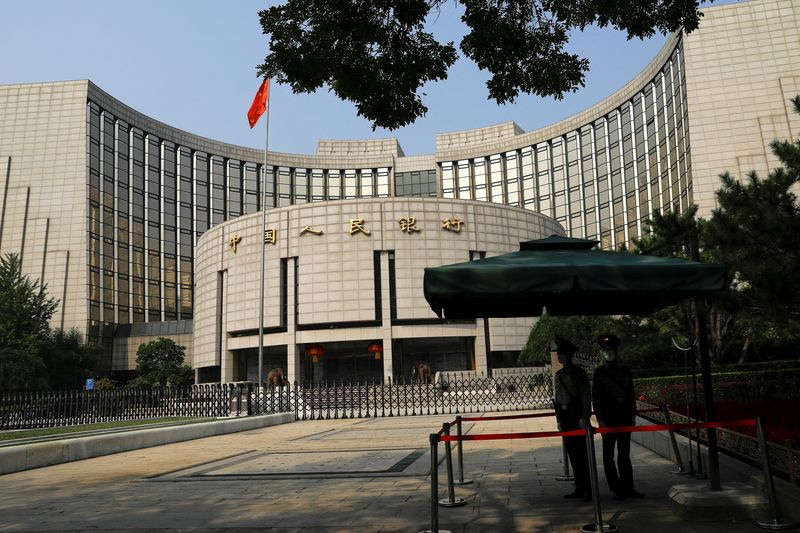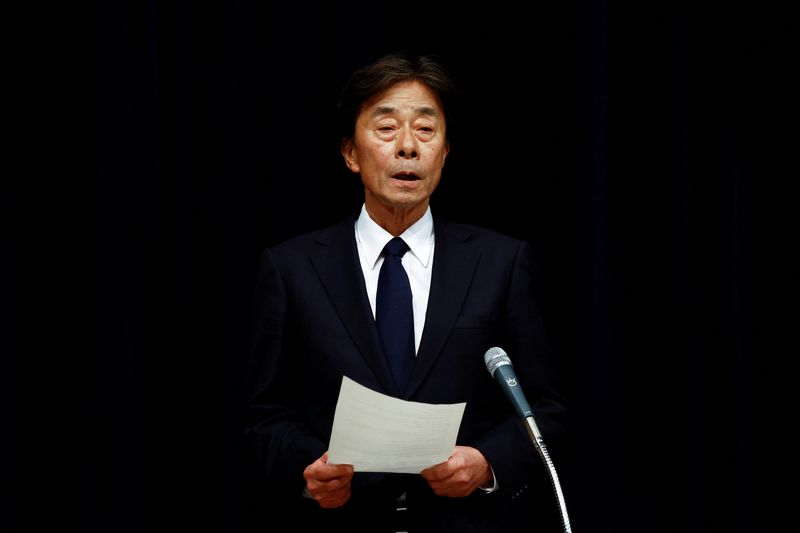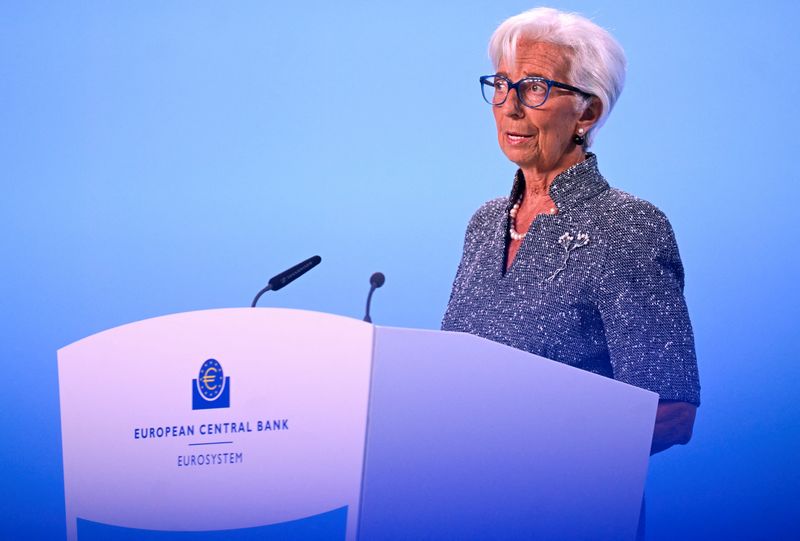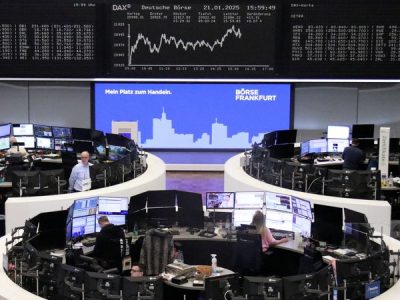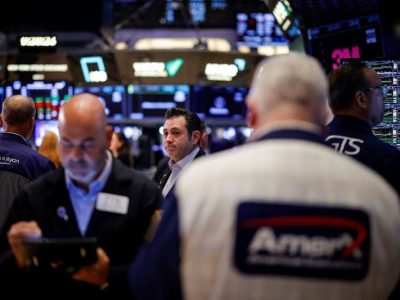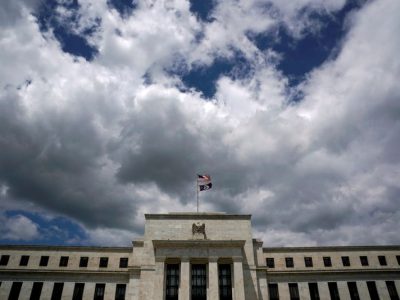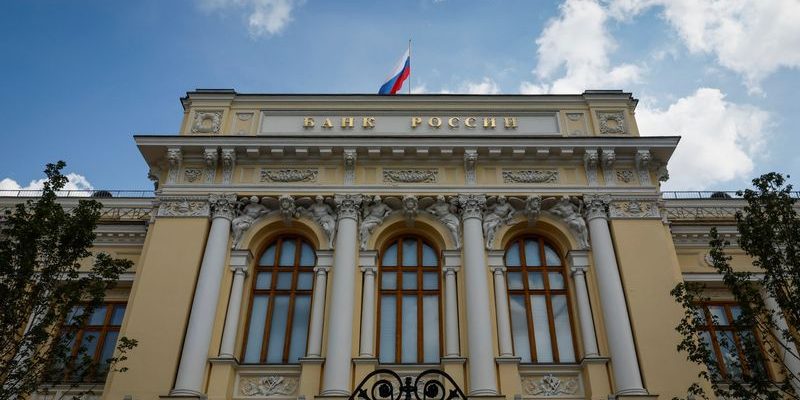
By Elena Fabrichnaya
MOSCOW (Reuters) – The Russian central bank is expected to hike the key interest rate by 100 basis points (bps) to 20%, the same level as at the start of what Russia calls a “special military operation” in Ukraine, according to a majority of analysts polled by Reuters.
Twenty-five analysts out of 30 who participated in the poll anticipate the interest rate will be at 20% after the Oct. 25 meeting of the regulator’s board. Five analysts expect an even larger hike of 200 bps to 21%, marking a new historic high.
“Most likely, a 20% rate with strong rhetoric aiming for 21% in December,” said Anton Tabakh from Expert RA credit rating agency, adding that a rise in the population’s inflationary expectations and an inflationary budget were the main culprits.
Russia unveiled a new draft budget this month with a higher-than-expected deficit for this year, higher-than-expected utilities tariff hikes next year, and increased military spending.
Central bank officials said some parts of the draft budget came as a surprise. Meanwhile, inflationary expectations among Russian households for the year ahead rose to 13.4% in October, up from 12.5% in September.
These expectations, which the central bank sees as important a gauge as actual inflation, have been rising steadily since April, dropping slightly only in September. They are currently at the highest level since the start of the year.
President Vladimir Putin’s economic aide, Maxim Oreshkin, said earlier that inflation, currently running at 8.5%, has peaked and is slowing down, but stressed that more effort to slow inflation is needed.
Some analysts also argue that the weak Russian currency, which lost 10% against China’s yuan in September alone and has been weakening against all major currencies since early August, is another reason for the hike.
“Two pro-inflationary factors have emerged since the last meeting: currency depreciation and the new budget figures,” said Natalya Orlova from Alfa Bank, arguing that the rouble’s weakness is temporary.
The central bank, which sees inflation at 7.7% by the end of the year, is also under pressure from influential businessmen who say that high rates are painful for the economy, but analysts say such pressure will not deter the regulator.
“At the moment, its mandate is very strong, after the country’s leadership, having faced a shock stronger than those in 2014 and 2020, has once again been convinced of its ability to ensure stability,” said Oleg Kuzmin from Renaissance Capital.
The central bank argued that the reasons for hiking the rate to 20% in March 2022 — and keeping the rate high now — are different. In 2022, the regulator wanted to calm markets spooked by the events in Ukraine, while now it is fighting inflation.


